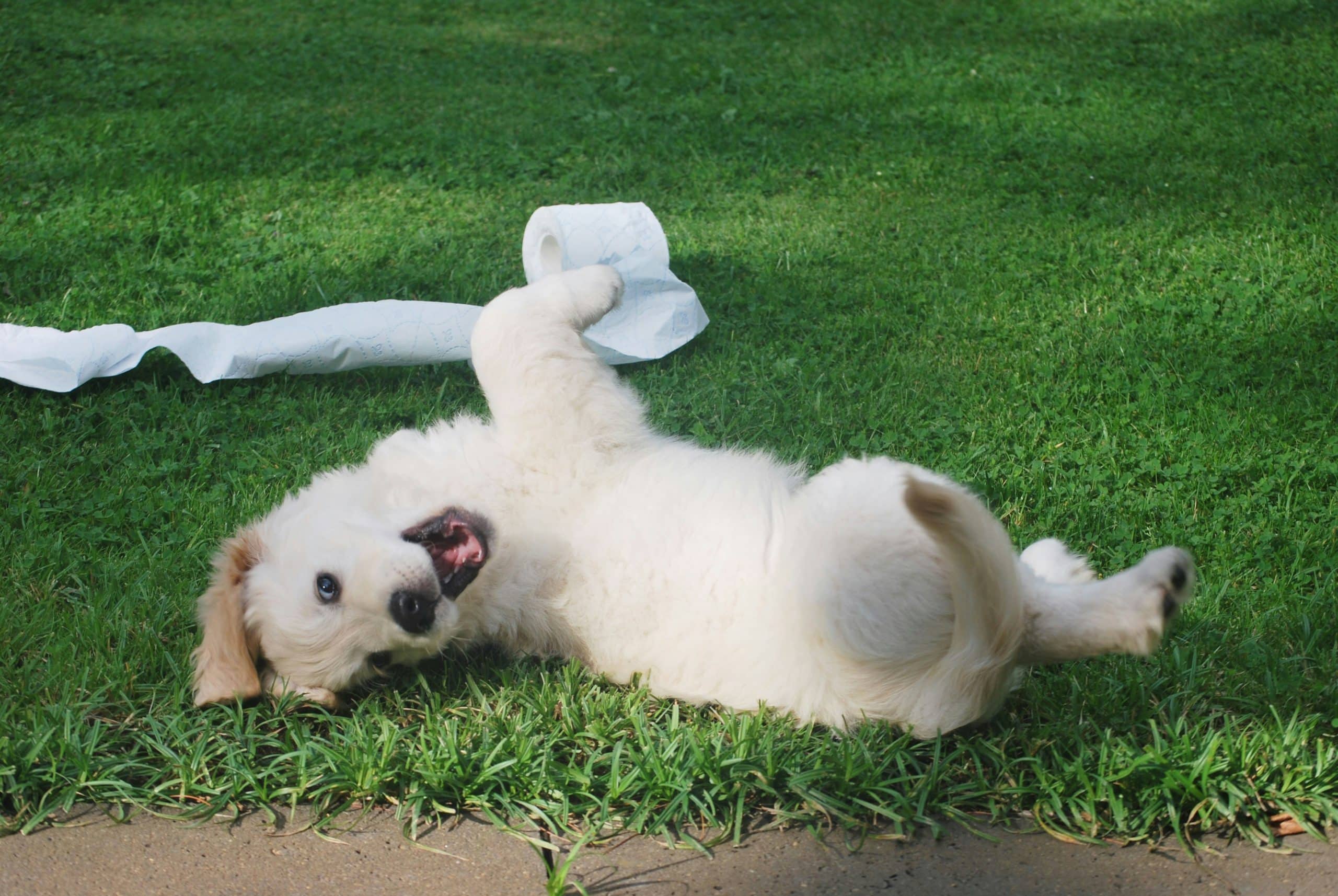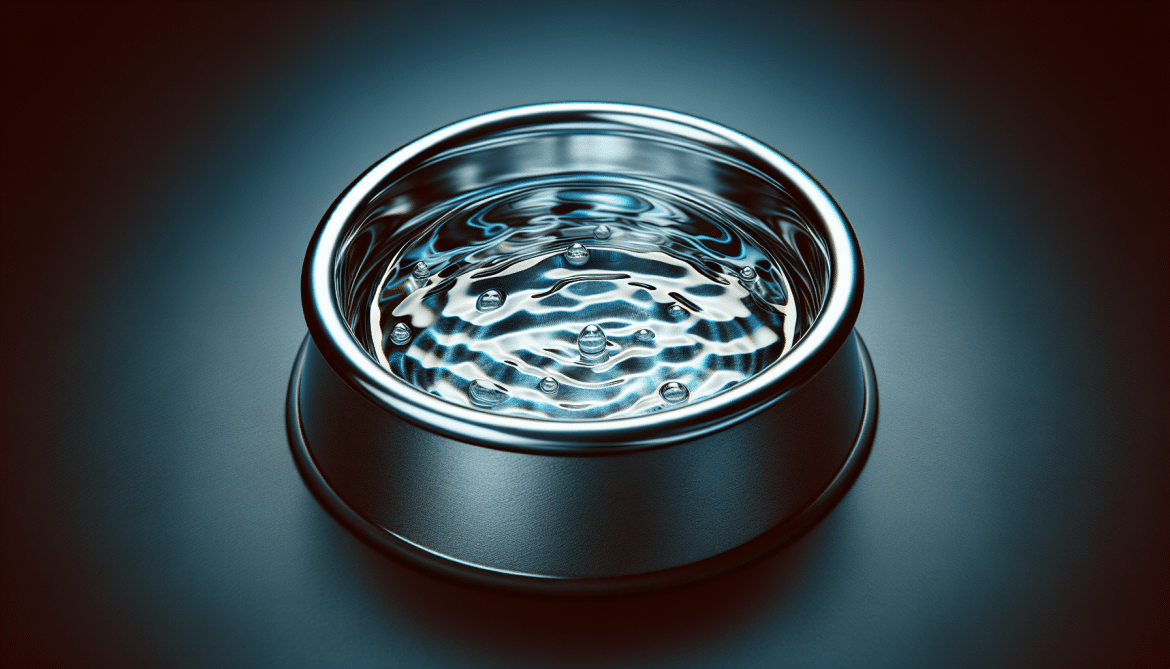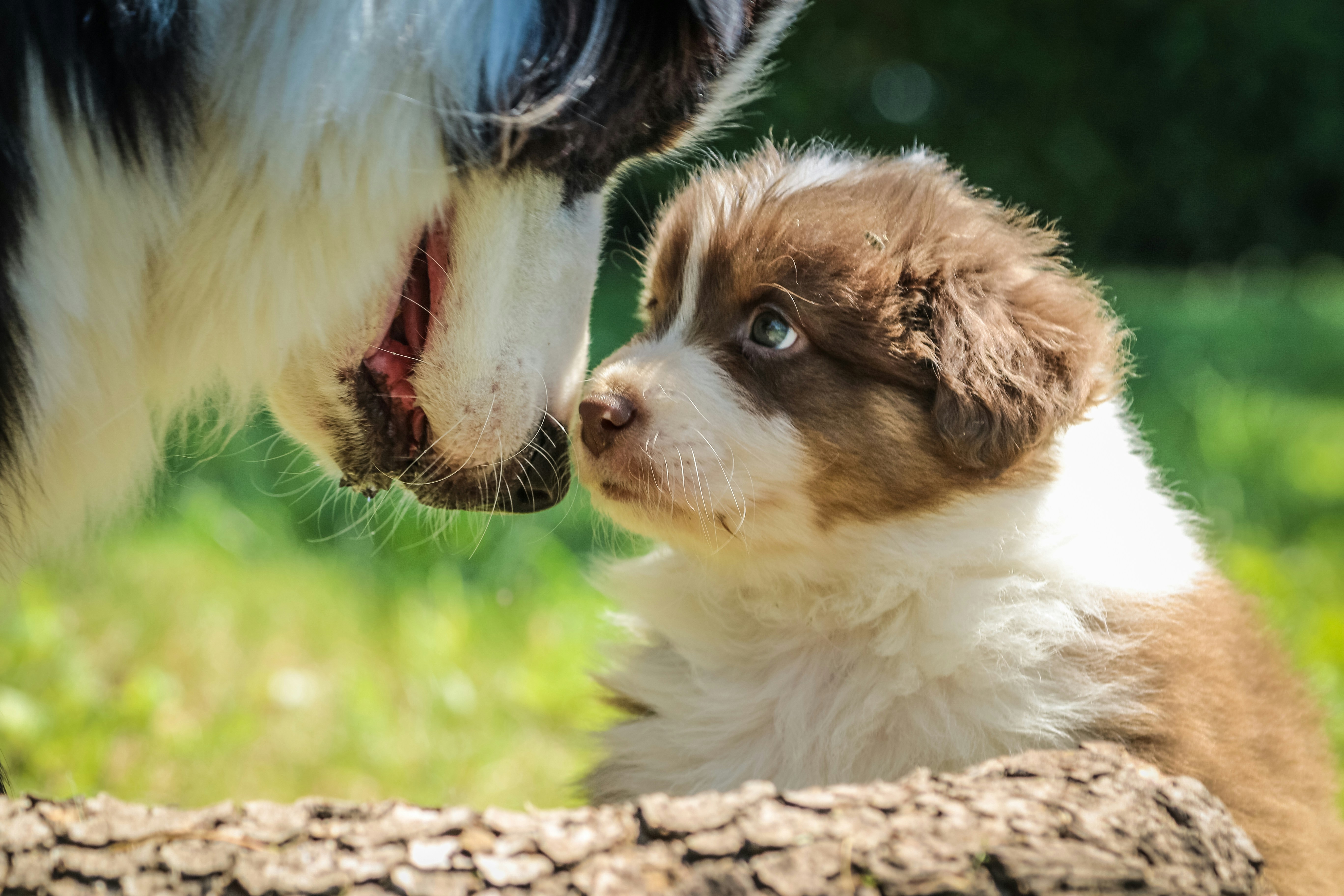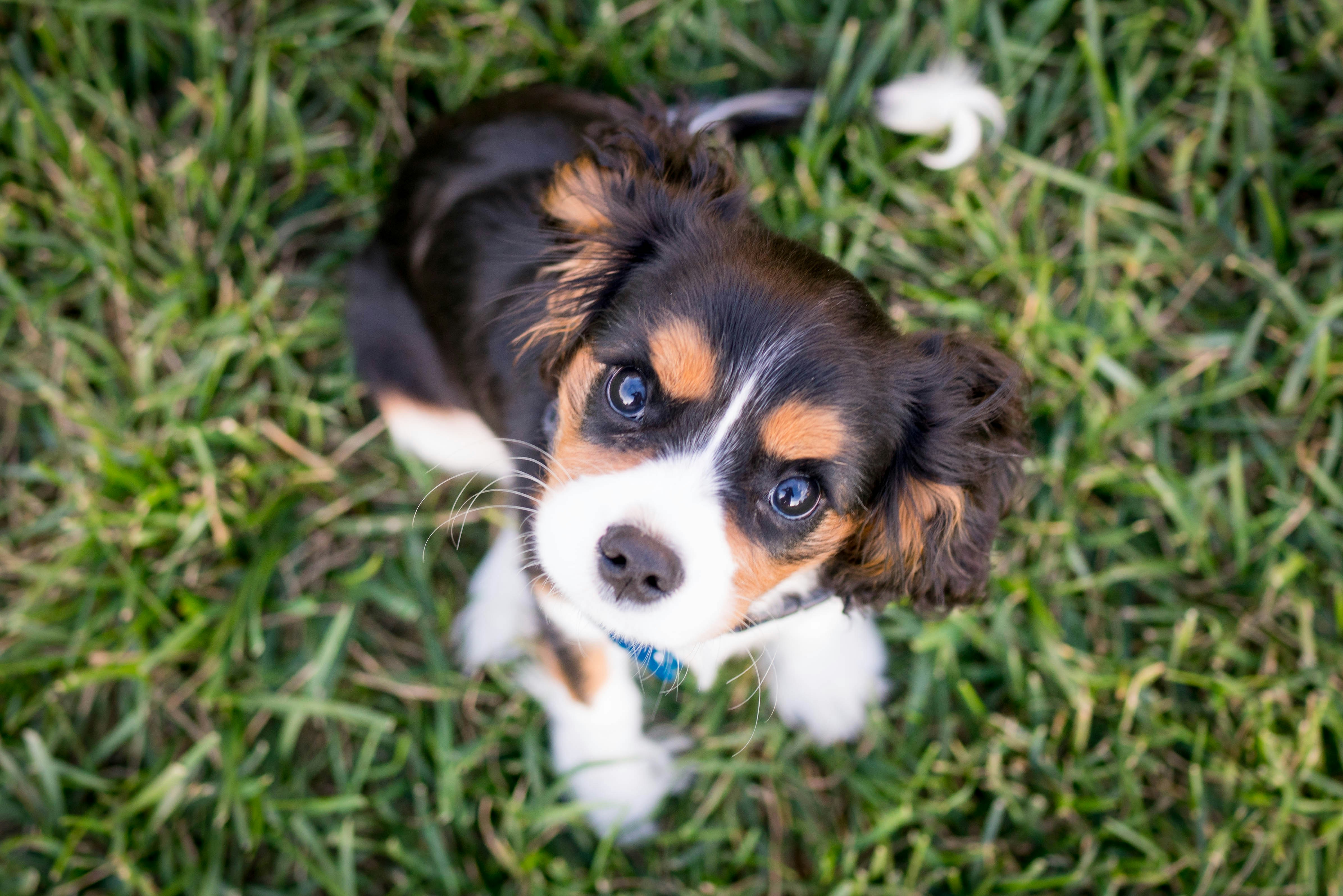So you've just given your adorable little puppy some water to drink, and now they're vomiting uncontrollably. It's a distressing sight, and you're probably wondering what could have possibly caused this. Don't worry, we're here to help you understand why this might be happening and provide you with some simple yet effective tips on how to stop your puppies from vomiting after hydration. By following these guidelines, you'll ensure that your furry friend stays healthy and happy, without the discomfort of vomiting.
Identify the Cause of Vomiting
Check for common causes
If your puppy is experiencing vomiting after hydration, it is essential to identify the underlying cause. Common causes of vomiting in puppies can include dietary issues, infections, ingestion of toxins, and underlying health conditions. Before proceeding with any specific measures, it is crucial to determine the root cause of the problem.
Observe the puppy's behavior
While trying to identify the cause of vomiting, pay close attention to your puppy's behavior. Notice if there are any other symptoms accompanying the vomiting, such as diarrhea, loss of appetite, or lethargy. This information can help your veterinarian in making an accurate diagnosis and determining the appropriate treatment.
Consult a veterinarian
If your puppy continues to vomit even after hydrating, it is advisable to consult a veterinarian. They are experts in diagnosing and treating conditions afflicting our furry friends. A veterinarian will conduct a thorough examination, ask relevant questions about your puppy's health history, and may request additional tests to pinpoint the cause of the vomiting. Seeking professional veterinary advice is crucial to ensure the well-being of your puppy.
Adjust Hydration Volume
Reduce the amount of water given at once
When a puppy vomits after hydrating, it may be due to consuming too much water at once. To address this issue, consider reducing the amount of water you provide during each hydration session. Instead of pouring a vast quantity of water into your puppy's bowl, offer it in smaller increments.
Offer small and frequent amounts of water
To prevent vomiting, it can be helpful to provide your puppy with small and frequent amounts of water throughout the day. This approach allows the puppy's digestive system to handle the hydration more effectively, and it reduces the chances of overwhelming their stomach.
Use a syringe or small bowl to control intake
If your puppy tends to drink water too quickly, causing them to vomit, you can use a syringe or a small bowl to control their water intake more accurately. Using a syringe allows you to administer water in controlled amounts, ensuring your puppy does not consume too much at once. Similarly, a small bowl with limited water capacity can also help regulate their intake and prevent vomiting.

This image is property of images.unsplash.com.
Change Hydration Method
Provide ice chips instead of water
If your puppy vomits after drinking water, you can try offering them ice chips instead. Ice chips are gentler on the stomach and can help alleviate any discomfort or irritation that may have triggered the vomiting. Additionally, the slow melting of the ice can ensure a gradual and controlled hydration process.
Offer water mixed with a small amount of low-sodium broth
To encourage hydration while reducing the chances of vomiting, you can try mixing water with a small amount of low-sodium broth. This combination can make the water more palatable for your puppy and may entice them to drink without triggering any gastrointestinal distress.
Try electrolyte solutions designed for puppies
Electrolyte solutions specially formulated for puppies can be beneficial in preventing dehydration and vomiting. These solutions contain a balance of essential electrolytes and minerals that can help restore hydration and replenish any lost nutrients. Consult your veterinarian for guidance on the appropriate electrolyte solution for your puppy's specific needs.
Monitor Feeding Routine
Avoid feeding immediately after hydration
When your puppy experiences vomiting after hydrating, it is wise to avoid offering them food immediately afterward. Giving their stomach some time to settle can help reduce the risk of further vomiting. Wait for at least 30 minutes to an hour before introducing any food.
Wait for some time before offering food
After waiting for a short period, you can slowly reintroduce food to your puppy. However, it is crucial to do this gradually to allow their digestive system to adjust. Start with small portions of easily digestible food, such as boiled chicken or rice, and observe how your puppy reacts. If they tolerate it well, you can gradually increase the portion size and reintroduce their regular puppy food.
Introduce small and bland meals gradually
When your puppy is experiencing vomiting, it is advisable to introduce small and bland meals instead of their regular diet. Bland food options like boiled chicken, plain rice, or specially formulated commercial bland diets can be easier on the stomach and help prevent further episodes of vomiting. As your puppy's condition improves, you can gradually transition back to their normal diet.
This image is property of images.unsplash.com.
Consider Dietary Adjustments
Switch to a premium brand of puppy food
If your puppy's vomiting episodes persist, it may be worth considering a dietary adjustment. A high-quality, premium brand of puppy food can ensure that your puppy receives essential nutrients without additives that may trigger gastrointestinal issues. Consult your veterinarian for recommendations on suitable puppy food brands.
Avoid feeding table scraps or human food
While it can be tempting to share your meals with your puppy, it is crucial to avoid feeding them table scraps or human food, especially if they experience vomiting after hydration. Many human foods can cause digestive upset in dogs, leading to vomiting and other health issues. Stick to a balanced and nutritionally complete puppy diet to ensure their well-being.
Consult a veterinarian for dietary recommendations
If you are unsure about the best dietary approach for your puppy, consult a veterinarian for personalized recommendations. They can assess your puppy's specific needs, consider any underlying health conditions, and provide guidance on the most appropriate diet to support their overall health and prevent vomiting.
Prevent Overexertion
Limit physical activities after hydration
After hydrating, it is essential to prevent your puppy from engaging in strenuous physical activities. Overexertion can trigger vomiting, especially if their stomach is still settling. Create a calm and restful environment for your puppy, allowing them to relax and recover comfortably.
Encourage rest and relaxation
Rest is crucial for your puppy's overall health, especially when they experience vomiting. Ensure they have a cozy and quiet space where they can rest comfortably. Providing a comfortable bed, soothing toys, and a peaceful atmosphere can help promote relaxation and aid in their recovery.
Create a calm and stress-free environment
Stress and anxiety can exacerbate vomiting in puppies, so it is vital to create a calm and stress-free environment. Minimize loud noises, excessive activity, and any potential stress triggers. This tranquil setting will help your puppy relax and reduce the chances of vomiting.
This image is property of images.unsplash.com.
Address Anxiety or Stress
Identify potential triggers for stress
If your puppy vomits after hydration, it may be due to anxiety or stress. Identifying potential triggers can help you address the underlying cause. Common stressors for puppies include loud noises, unfamiliar environments, separation anxiety, or changes in routine. Recognizing these triggers can help you take appropriate steps to reduce stress in your puppy's life.
Create a safe and comfortable space for the puppy
Providing a safe and comfortable space for your puppy can significantly reduce stress and minimize the chances of vomiting. This space should be equipped with their bed, toys, and any comforting items they enjoy. A designated area where they can retreat and feel secure will help alleviate anxiety and promote a sense of well-being.
Consider behavioral training or consult a professional
If your puppy's vomiting persists due to anxiety or stress, consider behavioral training or consult a professional dog trainer or behaviorist. They can provide guidance and techniques to help your puppy cope with stressful situations more effectively. With the right training and support, your puppy can develop better coping mechanisms and reduce the occurrence of vomiting.
Avoid Introducing Toxins
Keep household cleaning products out of reach
Toxins present in household cleaning products can be hazardous to your puppy's health and may induce vomiting. Store these products in secure cabinets or areas inaccessible to your puppy. Make sure to read labels carefully and choose pet-safe cleaning alternatives whenever possible.
Avoid exposure to toxic plants
Certain plants can be toxic to dogs and may lead to vomiting if ingested. Before bringing plants into your home or allowing your puppy to explore outdoor areas, familiarize yourself with common toxic plants and remove them from your surroundings. This precaution will minimize the risk of accidental ingestion and subsequent vomiting.
Be cautious with medications or chemicals
Human medications and certain chemicals can be toxic to dogs and may cause vomiting. Keep all medications, both prescription and over-the-counter, securely stored out of your puppy's reach. If you use chemicals in your home or garden, ensure they are pet-safe and follow the instructions carefully to prevent accidental exposure.
Regular Check-ups and Vaccinations
Keep vaccinations up to date
Regular vaccinations are essential for your puppy's overall health and can help prevent various illnesses that could lead to vomiting. Follow your veterinarian's recommended vaccination schedule to ensure your puppy is protected against common diseases.
Schedule regular veterinary visits
In addition to vaccinations, regular veterinary check-ups are crucial for maintaining your puppy's well-being. These visits allow your veterinarian to monitor their overall health, detect any underlying issues early on, and provide necessary preventive care. A healthy puppy is less likely to experience vomiting or other health complications.
Discuss any concerns with the veterinarian
If you have concerns about your puppy's vomiting episodes or any other health-related matters, do not hesitate to discuss them with your veterinarian. They are the best resource for guidance and can provide specific recommendations tailored to your puppy's unique situation. Open communication with your veterinarian is key to resolving any potential health issues promptly.
Emergency Situations
Contact a veterinarian immediately if vomiting persists or worsens
While the measures mentioned earlier can help prevent vomiting in many cases, persistent or worsening vomiting requires immediate veterinary attention. If your puppy continues to vomit despite the adjustments made, it could be a sign of a more severe underlying condition that requires professional intervention. Contact your veterinarian immediately to discuss the situation and follow their guidance.
Look for signs of dehydration or distress
Vomiting can lead to dehydration, especially if your puppy is losing significant amounts of fluid. Look out for signs of dehydration, such as excessive thirst, dry gums, decreased urination, lethargy, or loss of appetite. Additionally, monitor your puppy for signs of distress, such as severe abdominal pain, difficulty breathing, or unusual behavior. These symptoms warrant immediate veterinary attention.
Follow the guidance provided by the veterinarian
In any emergency situation, it is essential to follow the guidance provided by your veterinarian. They will provide instructions based on their assessment of your puppy's condition and may recommend further diagnostic tests or specific treatments. Timely and appropriate veterinary care is crucial in addressing potential underlying causes of vomiting and ensuring your puppy's well-being.
In conclusion, if your puppy is experiencing vomiting after hydration, it is crucial to identify the underlying cause, adjust the hydration volume and method, monitor the feeding routine, consider dietary adjustments, prevent overexertion, address anxiety or stress, avoid introducing toxins, prioritize regular check-ups and vaccinations, and seek immediate veterinary care in emergency situations. By following these guidelines and working closely with your veterinarian, you can help prevent vomiting episodes, promote your puppy's health, and ensure their overall well-being.




